Carney Expected to Call Snap Election Amid Escalating US Trade Tensions
New Canadian Prime Minister Eyes April 28 Vote as Trade War with Trump Dominates Headlines
Canada’s new Prime Minister, Mark Carney, is expected to announce a snap national election as early as this Sunday, with multiple outlets reporting a likely voting date of April 28. The move comes amid rising economic tensions with the United States, fueling speculation that Carney hopes to capitalize on his economic credentials to win public support.
The former Bank of Canada and Bank of England governor took the reins of the Liberal Party after Justin Trudeau stepped down, ending his nine-year leadership. Now, as a 60-year-old political newcomer, Carney is preparing to launch a five-week campaign centered around the deepening trade dispute with the US.
Although the formal request to dissolve Parliament is imminent, the exact election date hasn’t been officially confirmed. However, sources cited by The Globe and Mail and the Associated Press suggest Carney is leaning heavily toward an April 28 election.
Trade War Defines the Political Landscape
Carney’s pitch to Canadians is expected to focus on his financial experience and ability to confront US President Donald Trump, who has escalated a trade war with Canada. Trump’s threats — including calls to make Canada the “51st state” — and his imposition of 25% tariffs on Canadian steel and aluminium have rattled Canadian businesses.
Carney has pledged to maintain reciprocal tariffs if the US continues targeting Canadian exports not protected under the Canada-United States-Mexico Agreement (CUSMA). Trump is also expected to announce even broader tariffs starting April 2, further intensifying economic strain between the two countries.
"The election is almost certain to focus on US President Donald Trump's trade war and his talk of making Canada the 51st state," The Globe and Mail wrote.
Tight Race Expected with Conservatives
The looming election sets up a high-stakes contest between Carney’s Liberals and the opposition Conservatives, led by Pierre Poilievre. Once enjoying a 20-point lead in pre-tariff polls, the Conservatives now face a much tighter race, with recent polling showing a narrowing gap.
Beyond the main rivalry, the Liberals will also compete with the Bloc Québécois, which holds 33 seats, and the New Democratic Party (NDP), with 24 seats in the House of Commons. The Conservatives currently control 120 seats and serve as the official opposition.
Political analysts suggest a shorter campaign could benefit Carney, allowing him to stay focused on the trade crisis while avoiding a prolonged spotlight on his lack of political experience.
With tensions rising and the economy on edge, Canada’s upcoming election is shaping up to be a pivotal moment — not just for Carney’s leadership, but for the country’s broader relationship with its southern neighbor.


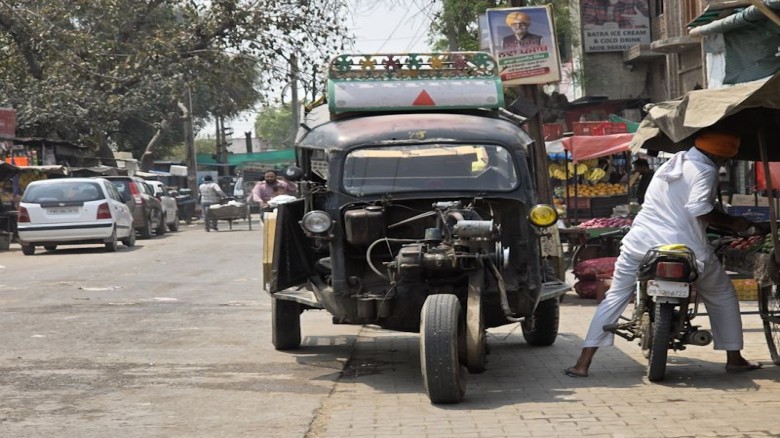

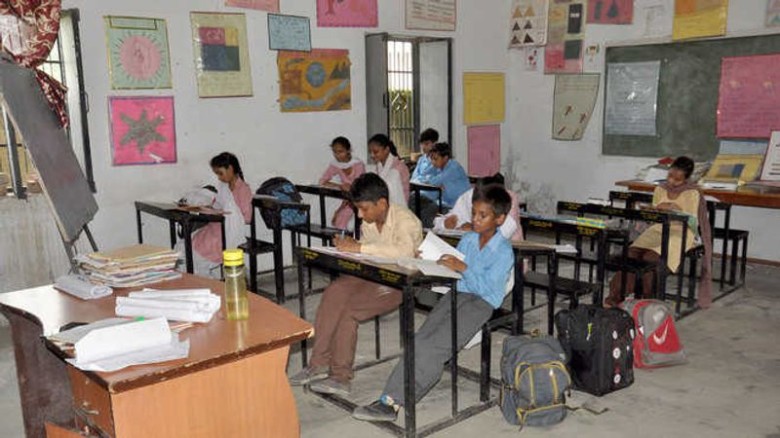
















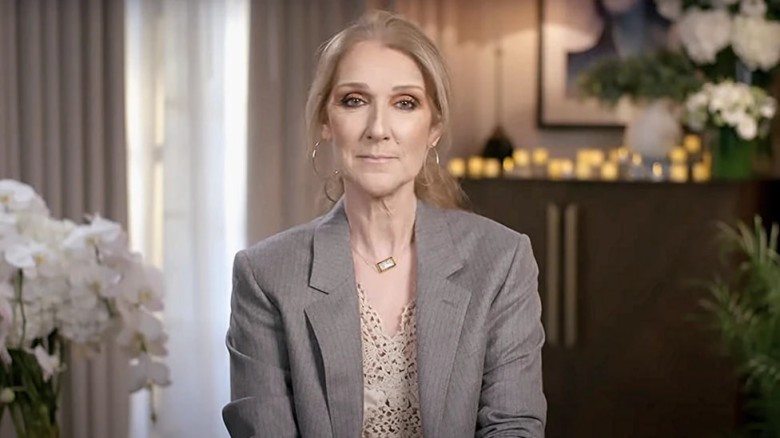




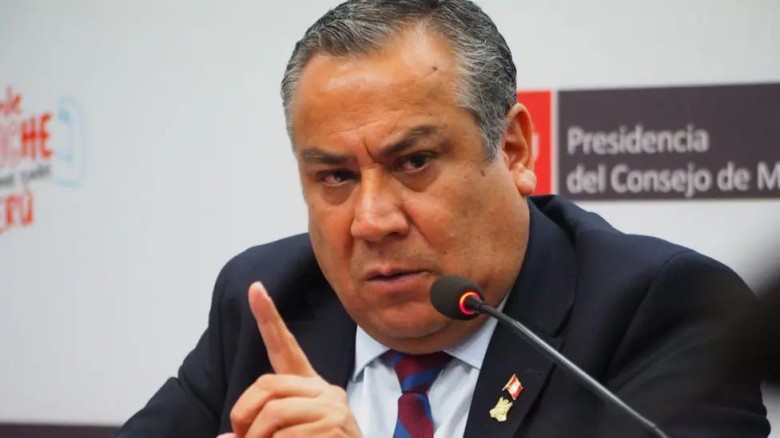













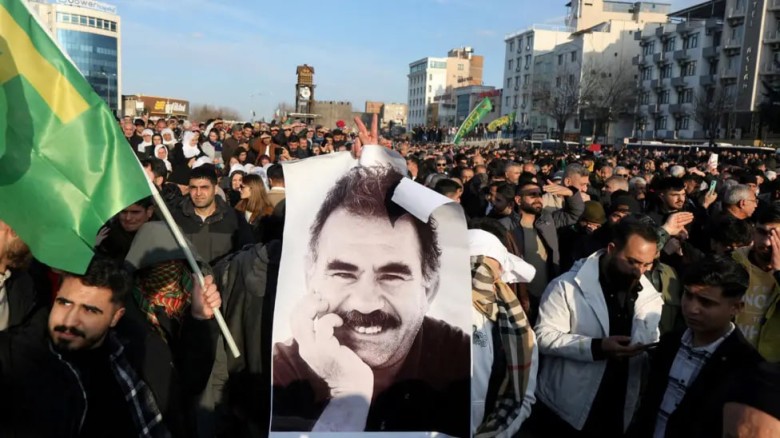





























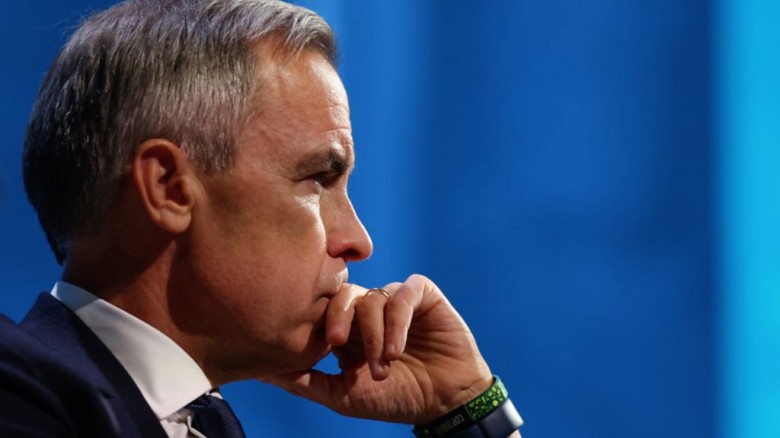


Leave A Comment